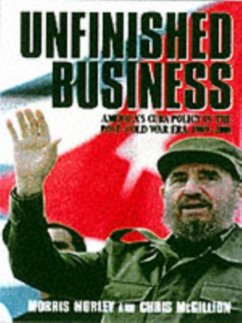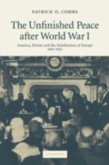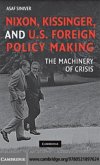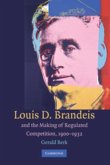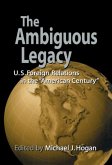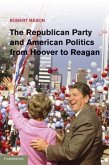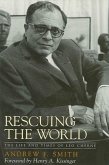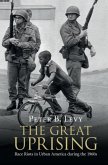This is a comprehensive study of US policy towards Cuba in the post-Cold War era. Drawing on interviews with Bush and Clinton policy-makers, congressional participants in the policy debate, and leaders of the anti-sanctions business community, it makes an important contribution to our knowledge of the evolution of American policy during this period. This study argues that Bush and Clinton operated within the same Cold War framework that shaped the Cuba policy of their predecessors. But it also demonstrates that US policy after 1989 was driven principally by the imperatives of domestic politics. The authors show how Bush and Clinton corrupted the policy-making process by subordinating rational decision-making in the national interest to narrow political calculations. The result was the pursuit of a policy that had nothing to do with its stated objectives of promoting reforms in Cuba and everything to do with getting rid of Fidel Castro's regime.
Dieser Download kann aus rechtlichen Gründen nur mit Rechnungsadresse in A, B, BG, CY, CZ, D, DK, EW, E, FIN, F, GR, HR, H, IRL, I, LT, L, LR, M, NL, PL, P, R, S, SLO, SK ausgeliefert werden.

